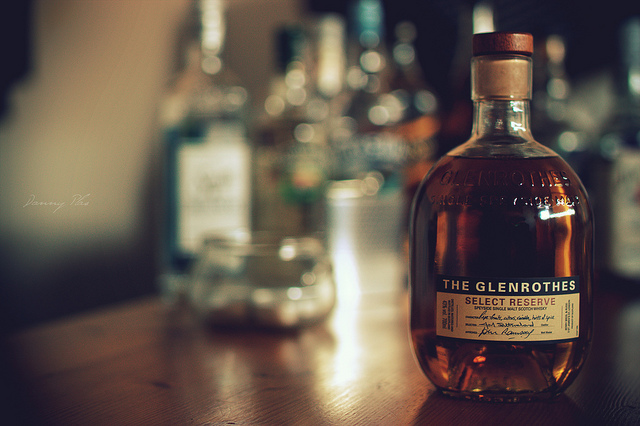Yet another –
“Bill to make provision for reducing and dealing with the abuse of alcohol; to amend the legislation in relation to applications for, and to vary, licences for the sale of alcohol; and for connected purposes.”- is making it’s way through the Scottish parliament. This is the sixth piece of primary legislation relating to the sale of alcohol since the Licensing (Scotland) Act 2005 came into force.
The proposed Alcohol (Licensing, Public Health and Criminal Justice) Scotland Bill includes ten proposals relating to changes to licensing laws, restrictions on the advertising and retail sale of alcohol and additional obligations for the Scottish government to publish, review and report on its alcohol education policy.
The policies have been highly criticised by both lawyers and those working in the drinks industry, for being overly ambitious, restrictive on trade and adding another layer of legislation for those selling alcohol to wade through.

What will the new legislation do?
The bill includes ten proposals, here we outline some of the most notable and most restrictive or difficult to enforce.
First, Scottish police and local authorities would be given the power to issue ‘Drinking Banning Orders’ (DBOs). These orders would prevent certain individuals from entering pubs or clubs for up to two years – even if that individual has not committed an offence. The new DBOs could be used against any person over the age of 16 who has engaged in criminal or merely just disorderly conduct while under the influence of alcohol. The orders are designed to protect other people from that person’s conduct, and also to protect property from damage. DBOs could last for between two months and two years, and acting in breach of such an order would be a criminal offence. However, lawyer and license holders believe that banning individuals from drinking in public for up to two years is unworkable and unrealistic – possibly even unfair where the individual has not breached criminal law and has merely engaged in ‘disorderly’ conduct. The application of the law to disorderly conduct will also be very challenging to enforce, and may be act as a burden on the legal system.
Second, new licensing provisions set out in the bill would double the period of time for which an application for a new premises licence must be displayed from 21 to 42 days. Industry professionals argue that this is increasing an already long application process and is an unnecessary restriction on the sector. Furthermore, the will would see the neighbour notification zone for major variation and new applications enlarged from four metres to 50 metres, again making license applications and also variations more difficult for those in the drink industry.
The bill comes right off the back of the Air Weapons and Licensing Bill which is also progressing through the Scottish Parliament. The proposals under this bill would see the licensing boards block applications where businesses do not demonstrate efforts to curb consumption. However, those opposing the plans argue that there is limited scope for establishments to control how their customers’ consume alcohol.
The amount of legislation for this sector – 30 sets of regulations and even more licensing board policy statements – is creating more problems than it is solving. It is becoming impossible for licence holders and members of the public to become familiar with law given that it appears in so many sources and is continually being changed supplemented. When Licensing (Scotland) Act 2005 came into force, the intention was to make the clearer and easier to grasp than it had been previously, however the torrent of subsequent legislation means that this is simply not the case. Whilst alcohol licensing and consumption remains a problem for Scotland, it is clear that the Scottish Parliament’s obsession with the topic could be doing more harm than good.
See also comments from leading Scottish licensing lawyers Stephen McGowan and Jack Cummins and SLTA chief executive Paul Waterson in Scottish Legal News here and Unlock The Law’s updated guide to Drink Driving Law in Scotland here.


